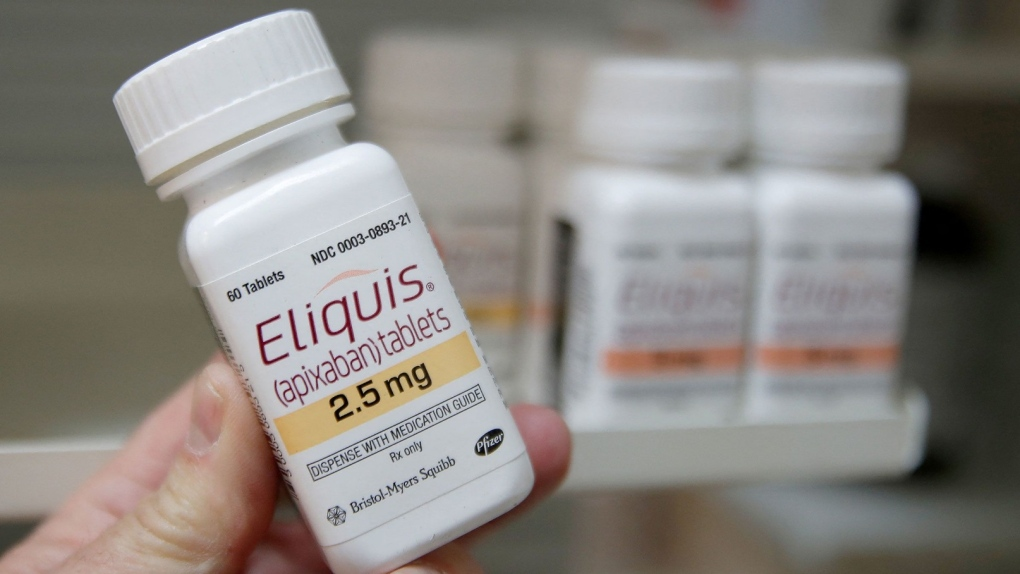
The price of Eliquis in the United States is almost eight times higher compared to its cost in Canada. (Photo credit: George Frey/Reuters/File via CNN)
In a dramatic twist, Senator Bernie Sanders has once again set his sights on the pharmaceutical industry, unleashing a scathing report that unveils a staggering price gap for three blockbuster drugs between the U.S. and other nations. With a flourish of data, Sanders' report paints a stark picture: while Americans shell out exorbitant sums, their counterparts abroad enjoy significantly lower price tags for the same medications.
Take, for instance, Bristol Myers Squibb's Eliquis, a lifesaving blood thinner. In the U.S., its annual price tag towers at $7,100, a figure that pales in comparison to its costs in Japan, Canada, Germany, the United Kingdom, and France.
But the disparity doesn't end there. Johnson & Johnson's Stelara, a vital arthritis treatment, commands a princely sum of $79,000 annually in the U.S., dwarfing its prices in other countries by tens of thousands of dollars.
And then there's Merck's Keytruda, a beacon of hope for cancer patients, priced at a staggering $191,000 in the U.S., while across the pond, its cost is significantly lower.
Sanders, the fiery senator from Vermont, strategically unveiled this damning report ahead of a high-stakes hearing with the chief executives of these pharmaceutical giants. With the stage set for a showdown, Sanders' committee aims to hold these industry leaders accountable, even wielding the threat of subpoenas to secure their testimony.
Yet, amidst the political theatre, the pharmaceutical titans maintain a steely silence. Johnson & Johnson declines to comment, while Merck and Bristol Myers Squibb remain elusive to inquiries.
Meanwhile, a glimmer of hope emerges as Medicare embarks on unprecedented negotiations with drug manufacturers, aiming to rein in the skyrocketing costs of medications. However, the road ahead is fraught with challenges, as the U.S. grapples with a deeply entrenched pricing system that often leaves patients grappling with astronomical bills.
As Sanders' report lays bare the eye-watering profits and lavish compensations of pharmaceutical executives, a contentious debate ensues over the delicate balance between profit margins and patients' access to affordable medication.
Amidst the swirling controversies, one question looms large: will Medicare's negotiations herald a new era of affordability, or will the entrenched interests of the pharmaceutical industry continue to hold sway?















